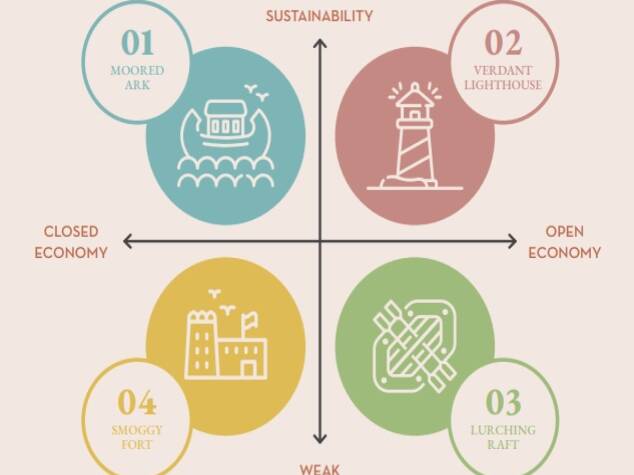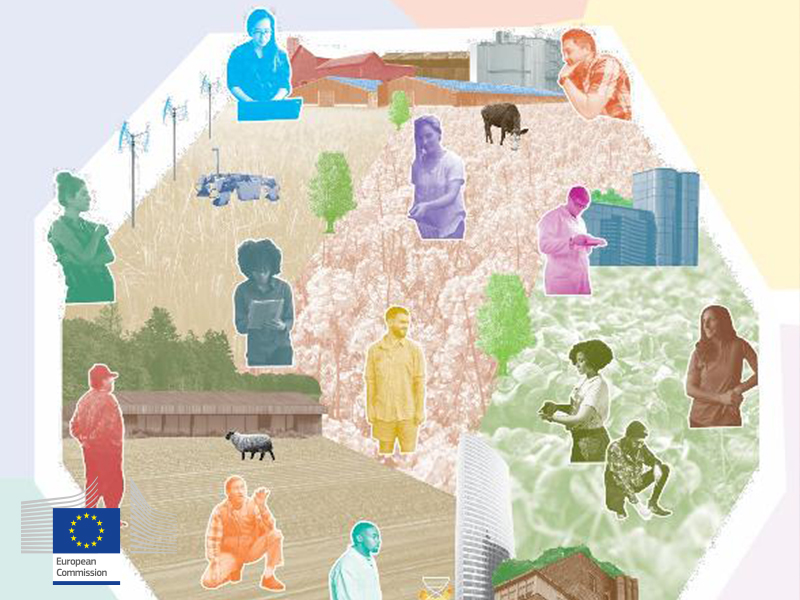Technology evolving at a rapid, exponential rate, changes the economic models, creates a new business reality, influences consumer behaviour, social structures, educational needs, leads to globalisation and requires broader business and political strategies as well as fast reflexes by regulating authorities, control mechanisms and legislators, to adapt to the new circumstances.
Developments in genetics, nanotechnology, robotics and artificial intelligence, photonics, quantum mechanics, and other emerging technologies, as well as synergies between them are accelerating. They change the nature and speed of the new scientific discoveries and challenge our understanding of what is possible.
Hyper-connectivity, the “internet of everything”, augmented reality and collective intelligence systems, combined with the reduced cost of implementing new technologies can transform entire production and management systems. Atomically Precise Manufacturing (APM), Gene Modification, Robotics, Space Technology, Photon Modification, Accurate Brain Imaging and Cognitive Science Developments, Synthetic Biology, Augmented Reality, and Photon Teletransfer are just a few of the existing applications (some still at research level).
Hyperconnectivity is expanding rapidly, whereas physical-digital integrations, the “Internet of Everything”, smart home technology, big data, augmented and virtual reality and machine learning, blockchain with Distributed ledger technologies change our lives and our way of thinking.
The world’s advanced economies are again likely to dominate this next wave of technology-based industries. In addition to these likely winners, China and India -which are already leveraging their deep pools of technical talent and massive domestic markets to become “players” in digital industries- are in a strong position to serve as engines of innovation, investment, and wealth creation.
In Europe, according to a study by Ernst & Young (European Attractiveness survey-Technology), the technology sector is evolving rapidly, with the digital technology industry being the one that drives Europe’s growth, followed by clean technology (cleantech – 25%) and energy and utilities (21%), according to 39% of investors
The study notes that Europe hosts more than a third of the world’s cities which are most likely to build the next tech giant, with London and Berlin being among the top 10 most attractive hotspots for technology. A prerequisite for attracting investment is the existence of a workforce with technological skills.
Key points:
- Security will be a major variable at all levels of technology
- Space is the new area for the development of defence technologies and security
- A global system for collecting and evaluating new technologies and their impacts could ensure greater security
- Some technologies reveal significant dilemmas and implications related to ethical and security issues, and therefore actions for the common good are required
- “Open science”, citizen participation in science-related projects, dissemination of research results and collaborative interdisciplinary research determine the democratisation of science
- Research and Technology constitute a field in which competition between global players has already emerged, along the lines of the geostrategic power game
- The issue of digital divide and illiteracy is crucial to the cohesion of societies
- Artificial intelligence will strongly affect our future








